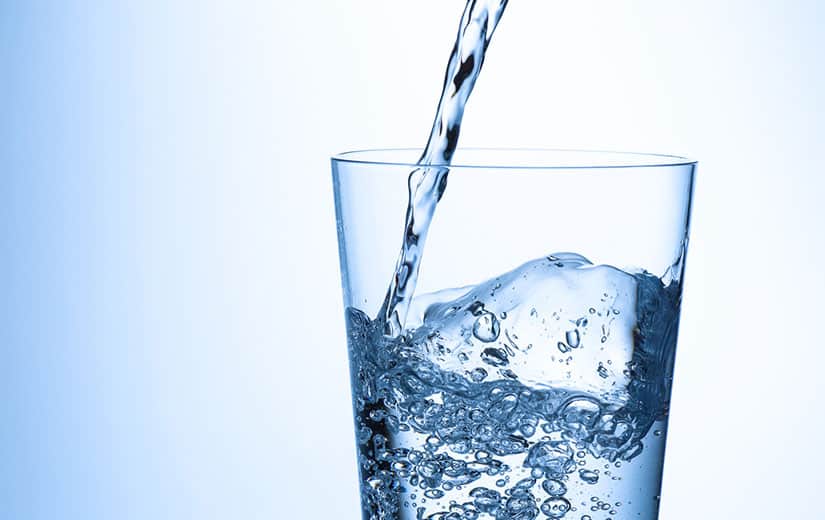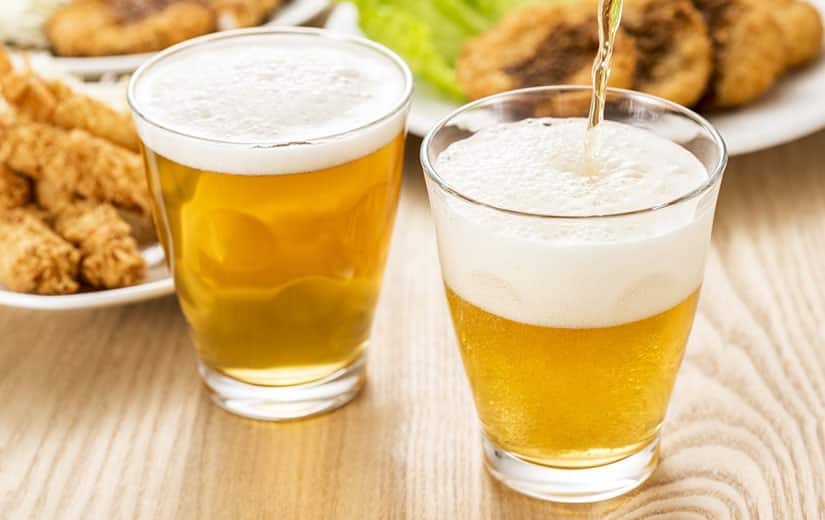Inflammation can cause severe pain. Fortunately, to relieve them, there are natural remedies. Plants, spices, roots, foods… These painkillers soothe inflammation such as arthritis, rheumatism, skin inflammation, etc. Find out which are the best natural anti-inflammatories to relieve your muscles and joints.
Summary
turmeric
It is a spice that comes in the form of a root or a powder. It is very often used in cooking, but it is also an excellent anti-inflammatory thanks to its curcumin content. Indeed, the substance acts as a natural painkiller.
To note : turmeric is also very effective as an anti-carcinogen and to protect the colon and pancreas. It also reduces the risk of bone degeneration. And it helps fight acne and hair loss.
However, to be effective, you must buy good quality turmeric, that is to say with a high concentration of curcumin. And the sufferer must also use it in very high doses for pain relief. Finally, it is recommended to combine the spice with pepper so that it crosses the blood more easily.
The harpagophytum or devil’s claw
This root, which grows mainly in Africa, is widely used in traditional medicine. Indeed, harpagophytum, also called devil’s claw, relieves inflammation, as well as intestinal pain and rheumatism. And it is also used to fight gout disease.
In case of back pain, muscle pain, osteoarthritis or low back pain, use this root with anti-inflammatory properties following a dosage of 300 to 400 mg per day. The product comes in the form of a capsule or a powder.
The aloe vera
Aloe vera is a very good anti-inflammatory to treat sprains, tendonitis or strains. This natural remedy is applied in the form of a gel to sore lesions and muscles. It soothes inflammation.
To know : you can also use aloe vera massage, alternating with the application of ice wrapped in a cloth.
Ginger
This root also helps to fight against joint inflammation. It is used to relieve pain associated with arthritis and inflammatory rheumatism.
Ginger can be consumed in the form of herbal tea. Infuse 200 grams of the root in a large glass of water. And add a teaspoon of liquid honey to make the solution more palatable.
The white willow or white wicker
This natural painkiller was already used in ancient Greece to bring down fever. But, it is also an excellent anti-inflammatory to overcome lower back pain, headaches and toothaches, osteoarthritis and rheumatism.
Simply crush a few leaves of white willow and combine it with pepper to aid in its absorption into the blood. You can also boil the bark.
alkaline foods
Among the natural remedies for inflammation are alkaline foods. Indeed, they protect the cells of the body and are therefore effective in preventing inflammation.
Trust chard, avocado or even celery. These three foods with anti-inflammatory properties protect the cardiovascular system. And they are also recommended as part of a healthy and balanced diet.
garlic
The benefits of garlic are well established. Consumed fresh, it is a powerful anti-inflammatory. And it also has properties on the cardiovascular system.
To note : People with hypertension will also consume garlic on a regular basis.
Boswellia
Little known, this plant is used in traditional Ayurvedic medicine to fight against inflammation.
Boswellia resin is mainly used against rheumatism and digestive system problems. But, it can also be effective in the treatment of asthma and respiratory problems related to smoking.
It can be used alone or in association with other plants.
Bromelain
Bromelain is an enzyme contained in pineapple (skin, stem, pulp, juice). And it plays an important role in the treatment of osteoarthritis affecting the knees and shoulders.
Bromelain can be consumed through pineapple, with no quantity restrictions. On the other hand, there are dietary supplements of bromelain (500 mg three times a day).
To note : for the enzyme to retain all of its anti-inflammatory properties, it should not be heated above 40°C.




